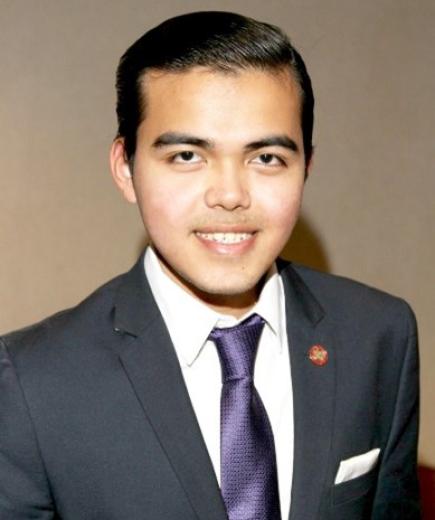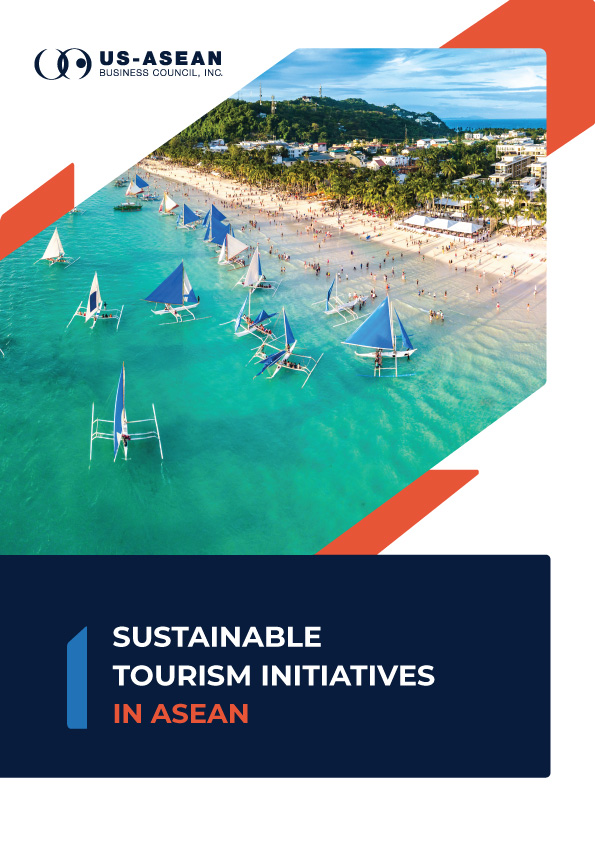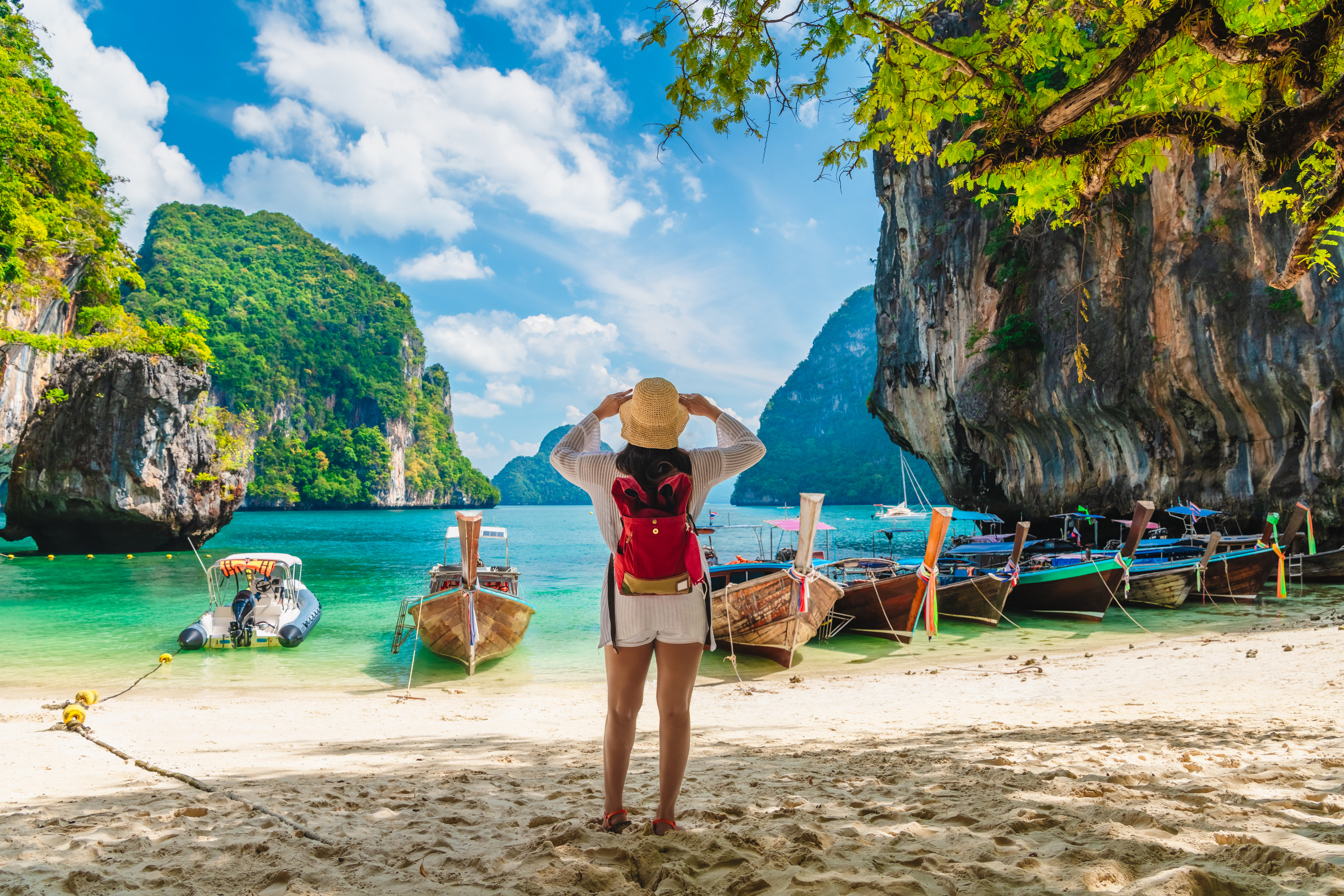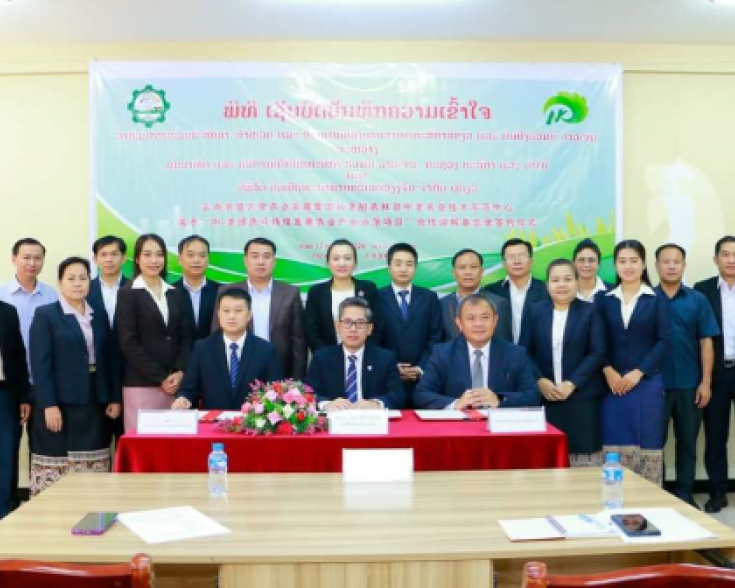Methanol Poisoning in Laos: Impact on Tourism

In November, six foreign tourists—two Australians, two Danish women, an American man, and a British woman—died from methanol poisoning after consuming free shots at Nana Backpackers Hostel in Vang Vieng. At least six other tourists were hospitalized due to the incident. Lao authorities have detained eight Vietnamese staff members of the hostel for questioning regarding the mass poisoning. They have also arrested an owner of the factory outside Vientiane reported to be the source of the mass poisoning and banned Tiger Whisky and Tiger Vodka produced by the factory.
The U.S. and UK governments issued a safety and security alert for their citizens traveling to Laos, warning of the risk of methanol poisoning and recommending precautionary measures. It is suspected that methanol, a toxic substance sometimes illicitly substituted for ethanol in alcoholic beverages to cut costs, was used in this case.
While the tragedy came as shocking for the West, methanol poisoning is not uncommon in Southeast Asia. Notable examples include the deaths of 11 people in the Philippines in 2019. According to Doctors Without Borders, countries such as Indonesia, Cambodia, and Vietnam have recorded some of the highest methanol poisoning cases globally over the past two decades, with Indonesia leading the ranking with 329 cases.
Although this incident is unlikely to significantly deter tourists from visiting Laos—most of whom come from nearby countries like Thailand (making up over 30 percent of the total) and China—it could hamper efforts to expand tourism in Vang Vieng, particularly from Western tourists. This small town, known for its limestone mountains and other unique geographical features, is a popular destination for international travelers. Recently, the town has been the focus of tourism promotion efforts with plans for infrastructure upgrades supported by a US$15 million grant from the Asian Development Bank (ADB). The tragedy may slow down these initiatives and dent Laos’s ambitions for broader tourism growth in the region for the time being.







